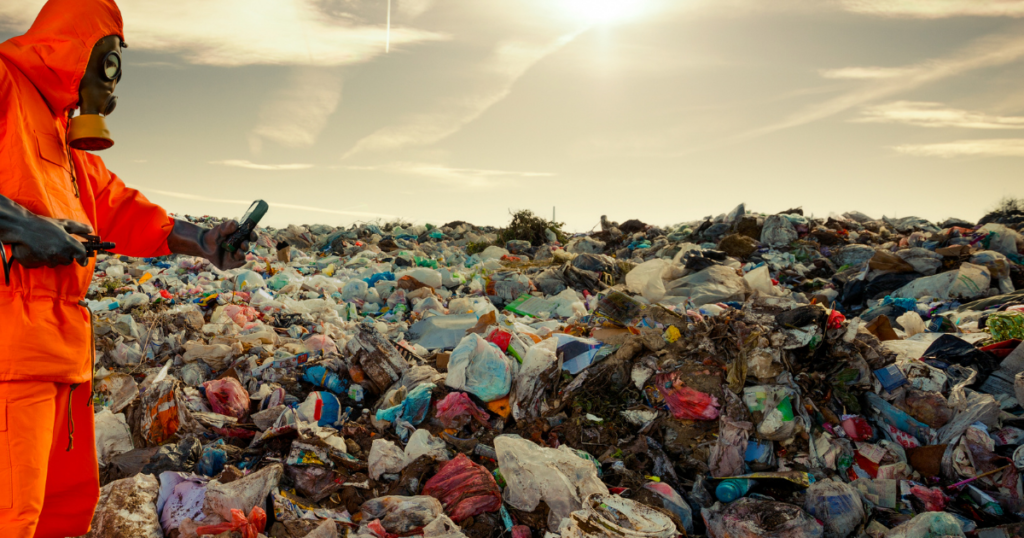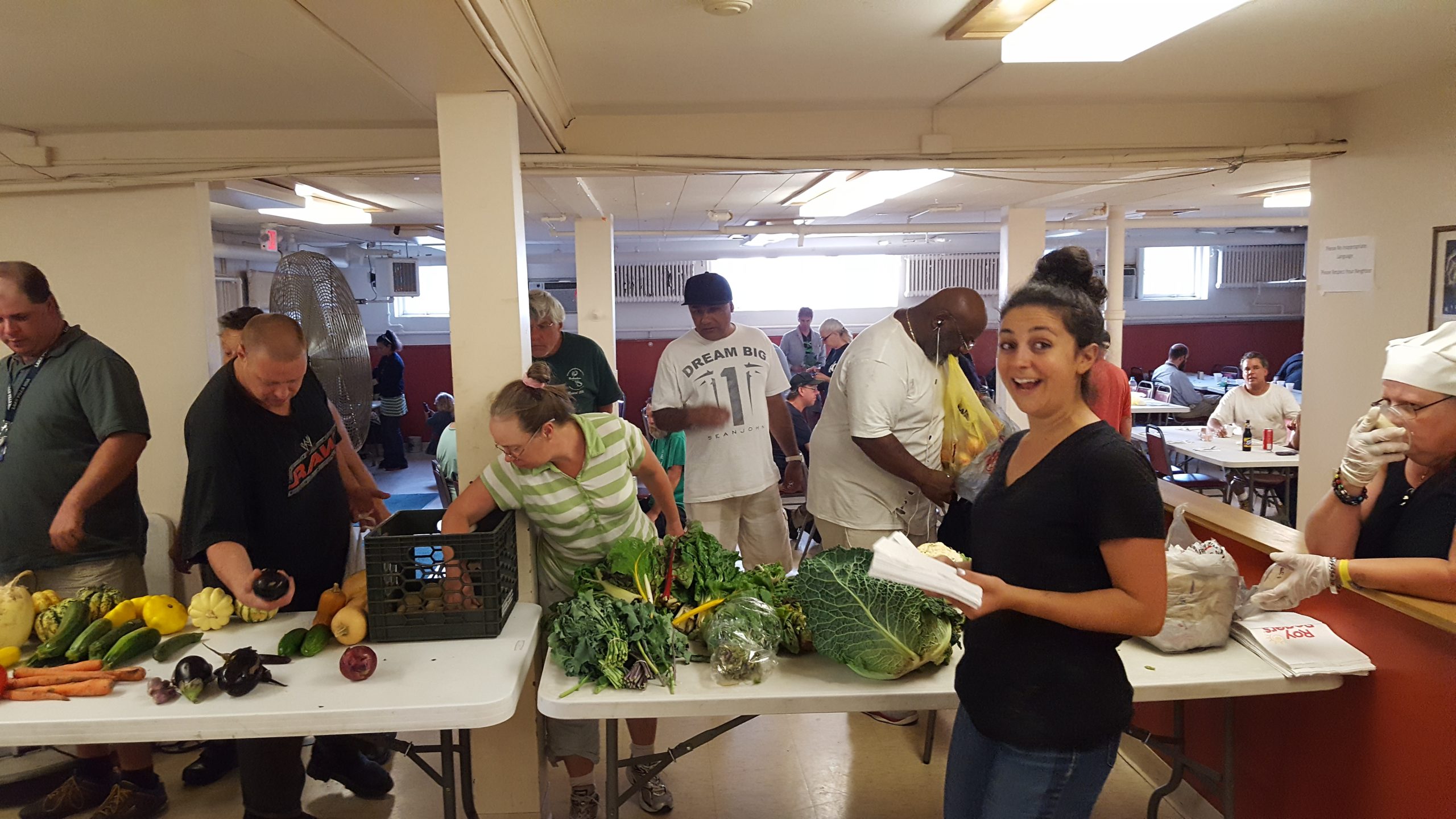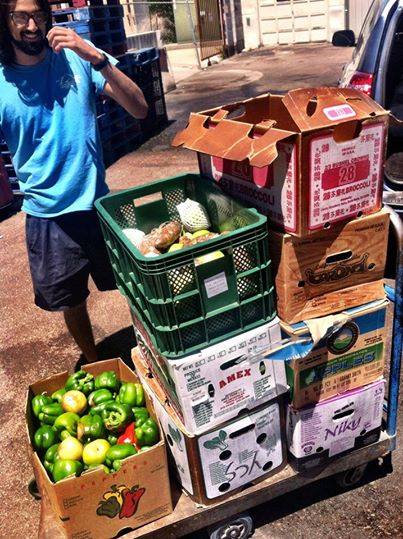
How Food Waste and Rescue Affects the Climate Crisis
By GO HumanityWasting food is one of the significant ways we contribute to climate change.
While food production is responsible for as much as 40 percent of global emissions, the food that is produced and never consumed continues to bear responsibility beyond its production. Wasted food wastes the water and energy required to produce it. And wasted food generates methane and carbon dioxide in landfills.
The U.S. discards more food than any other country in the world: almost 40 million tons each year, and 30-40 percent of the nation’s entire food supply.
While 43% of this wasted food makes it to the refrigerator but never the plate, another 40% is thrown out by restaurants and grocery stores, and 16% by farms.
How can we stop wasting so much food?
This is where organizations that do food rescue come in.

Most of the food that Americans throw away can still be consumed by millions of neighbors in need. Nearly 1 in 4 households experienced food insecurity last year.
Food rescue operations can direct this extra edible food to shelters, soup kitchens and other places where it can be utilized.
Excess food can also be rescued for use in animal feed, composting, and biofuel production.
Wasting food has irreversible environmental consequences.
According to the World Wildlife Federation, the production of wasted food in the U.S. is equivalent to the greenhouse emissions of 37 million cars.
Most discarded food ends up in landfills. Food is the single largest component taking up space inside U.S. landfills, making up 22 percent of municipal solid waste.
Rotting food produces huge amounts of methane.
The carbon footprint of U.S. food waste is greater than that of the airline industry.
We can reduce this environmental impact with food rescue.
To turn things around in our own homes we can make composting part of our routine and stop under-utilizing leftovers. And we can support food rescue efforts in our communities.

Food rescue programs can help by significantly reducing grocery store, farm and restaurant food waste.
Organizations like Food Rescue Alliance can increase health equity by rescuing high-quality, fresh produce and perishable foods that would otherwise be thrown out.
Food Rescue Alliance is a collaboration of 30+ member organizations; each year they rescue 20,000,000+ pounds of food.
Reducing food waste is one of few climate solutions that doesn’t cost much. That’s why supporting food rescue efforts is so important.
Donors to FBB are helping us give Food Rescue Alliance a $150K, three-year, unrestricted grant to increase their impact.

